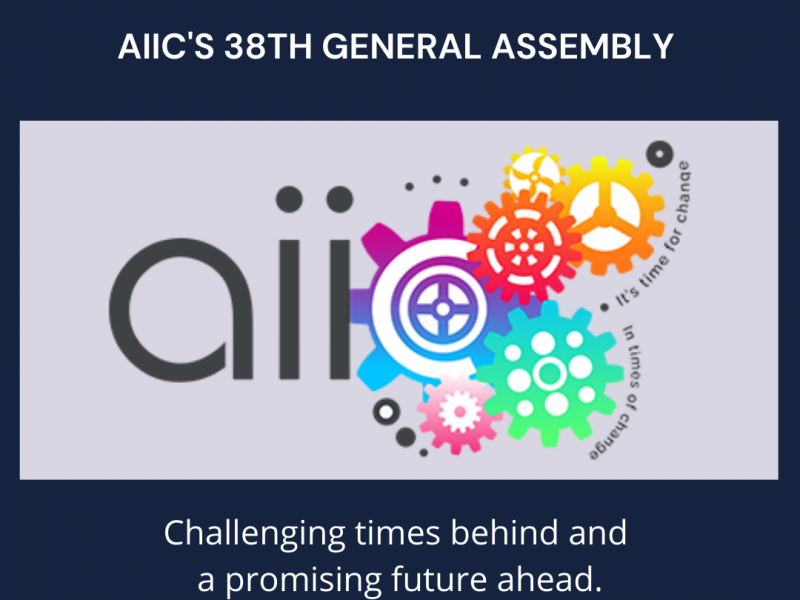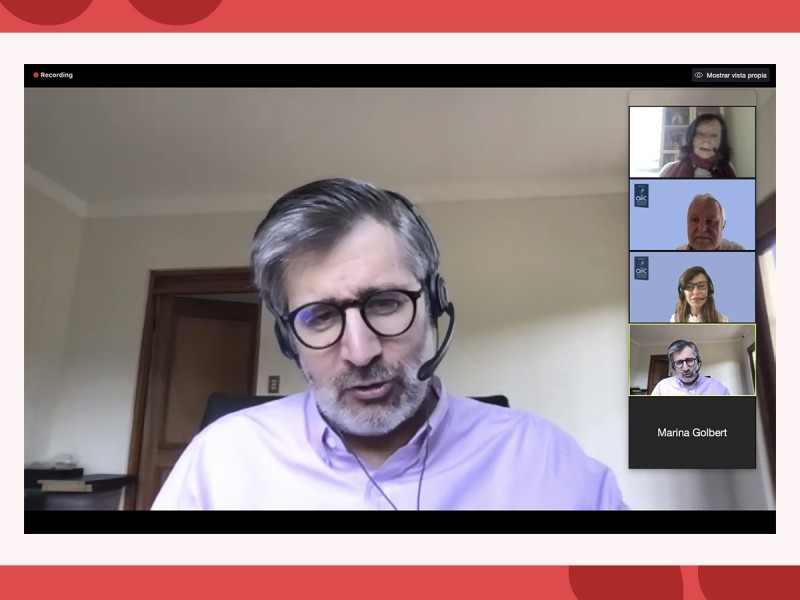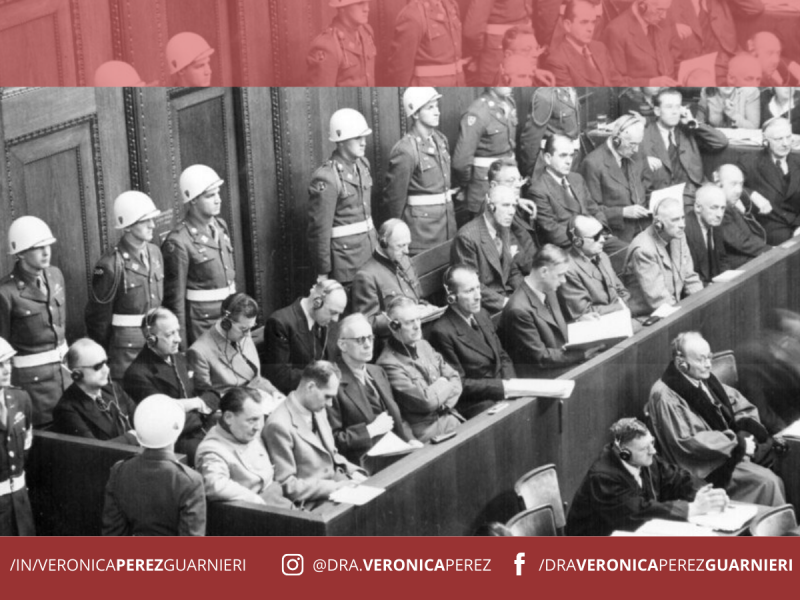Esta es una nueva serie de consejos y recomendaciones para los intérpretes, pero desde un ángulo diferente, a veces descuidado. Y no diré la palabra, no sea que algunos de ustedes se asusten y dejen de leer inmediatamente. Sólo adivinen...
Decidí llamar a esta serie el movimiento #GoSlowIntepreter. Mi objetivo es compartir algunas ideas y reflexiones que he sacado de mi experiencia como intérprete de conferencias e intérprete asesor, con la esperanza de contribuir a mejorar la calidad de nuestra vida laboral.
Primero, algunas aclaraciones: #GoSlow no significa hacer o ser menos, darse el lujo de holgazanear, o hacer todo más lentamente. Nada está más lejos de la verdad. Vivir despacio significa estar más presente en las mil cosas que haces cada día, ser más consciente de que este segundo es todo lo que tenemos, que el pasado se ha ido y el futuro nunca llegará porque, cuando lo haga, será el presente otra vez.
Ahora, ¿cómo se relaciona esto con la interpretación?
Había concebido el primer post de esta serie como ideas para implementar en la cabina del #GoSlowIntepreter pero, como el #coronavirus está dando de qué hablar, sentí que podía ofrecer consejos de emergencia. Ahora bien, hay una sensación generalizada de inseguridad y estamos ante una verdadera amenaza para la humanidad. La industria de los eventos se ha visto severamente afectada. Pero pongamos las cosas en contexto. La humanidad ha pasado por muchas epidemias y pandemias antes y, en última instancia, todo se resuelve; por supuesto, siempre habrá daños colaterales. Eso, no podemos evitarlo. Mientras el mundo científico trabaja a contrarreloj para contener el virus, ¿qué podemos hacer?
¿Qué significa todo esto para nosotros en el contexto de este movimiento de #GoSlowIntepreter?
Cuando tengas tu próxima cancelación, no entres en pánico. No te estreses, no te conviertas en un huésped propicio para el virus. ¡Inspira, exhala! Se ha demostrado que inhalar y exhalar a la cuenta de cuatro, y exhalar a la cuenta de seis, hará más lento el latido de tu corazón y disparará el pensamiento positivo; visualiza escenas positivas, como tú mismo en la cabina; concéntrate en las emociones saludables, no en el pánico. Piensa también en tomar clases de yoga o intensificar tu práctica de yoga; es un momento para compartir y apoyarse más, dándose atención y apreciación mutuas. Y, créeme, recurrir a estas técnicas es necesario. Es extremadamente difícil para los seres humanos pensar positivamente en medio de una crisis. El mérito pertenece a aquellos que pueden estar absolutamente seguros de algo aunque no haya sucedido todavía.
El siguiente paso es utilizar la adversidad para reflexionar sobre dónde te gustaría estar dentro de cuatro meses, por ejemplo. ¿Puedes usar este tiempo para afinar tus habilidades de interpretación? ¿Mejorar uno de tus idiomas C? ¿Diseñar ese sitio web profesional que nunca tienes tiempo de hacer?
Una vez que hayas decidido cómo utilizar este tiempo de adversidad tienes que tomar medidas. Este es el paso más difícil. Tal vez, el siguiente párrafo te ayude a ver por qué tienes que permanecer activo y accionar.
Sin romper ningún principio de confidencialidad puedo decir lo que dijo el CEO de una multinacional durante una conferencia de prensa. Como intérpretes tendemos a no recordar, a menos que lo que oigamos sea significativo para nosotros. Y esto ciertamente lo fue para mí. Cuando le preguntaron sobre la crisis en Argentina, el CEO se encogió de hombros y dijo: "¿Crisis? He trabajado para esta empresa durante más de 20 años. ¿Se imaginan cuántas crisis he presenciado? Si hay una recomendación que puedo darles, es esta: La crisis llegará a su fin y, cuando lo haga, tienen que estar preparados. Los que tendrán éxito en ese momento serán los que aprovechan el ciclo descendente”.
En conclusión, vengo de un país donde las crisis son parte de nuestro ADN. Creo que esto ayuda, ya que te vuelves más resiliente y estás absolutamente seguro de que "esto también pasará"; cuando lo haga, estarás preparado para pasar al siguiente nivel en tu carrera. Ha funcionado para mí, ¿por qué no funcionaría para ti? Con la certeza de que pronto volveremos a encontrarnos con comentarios más halagadores, te deseo a lo mejor. Y, recuerda, aquí y ahora es todo lo que tenemos.



